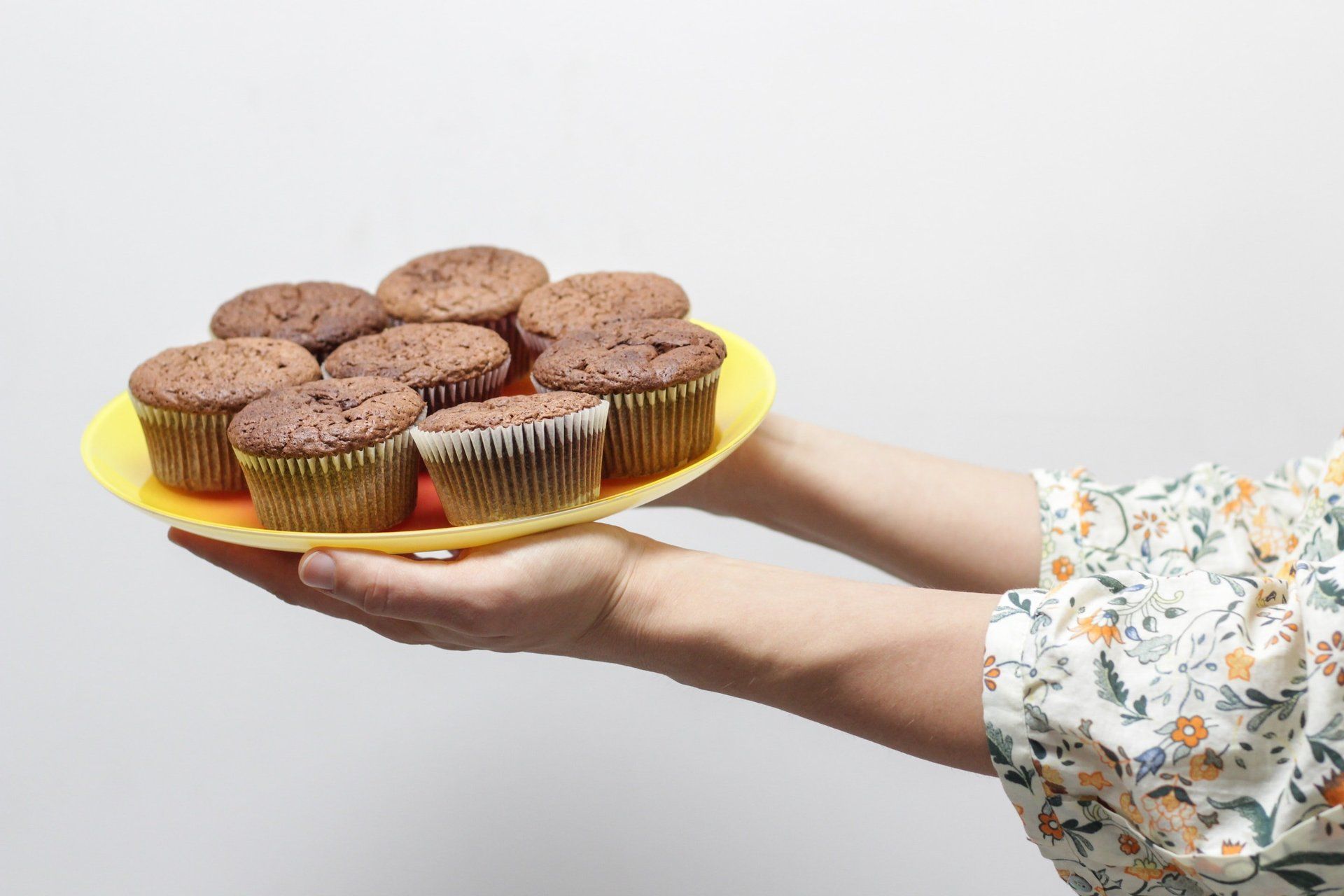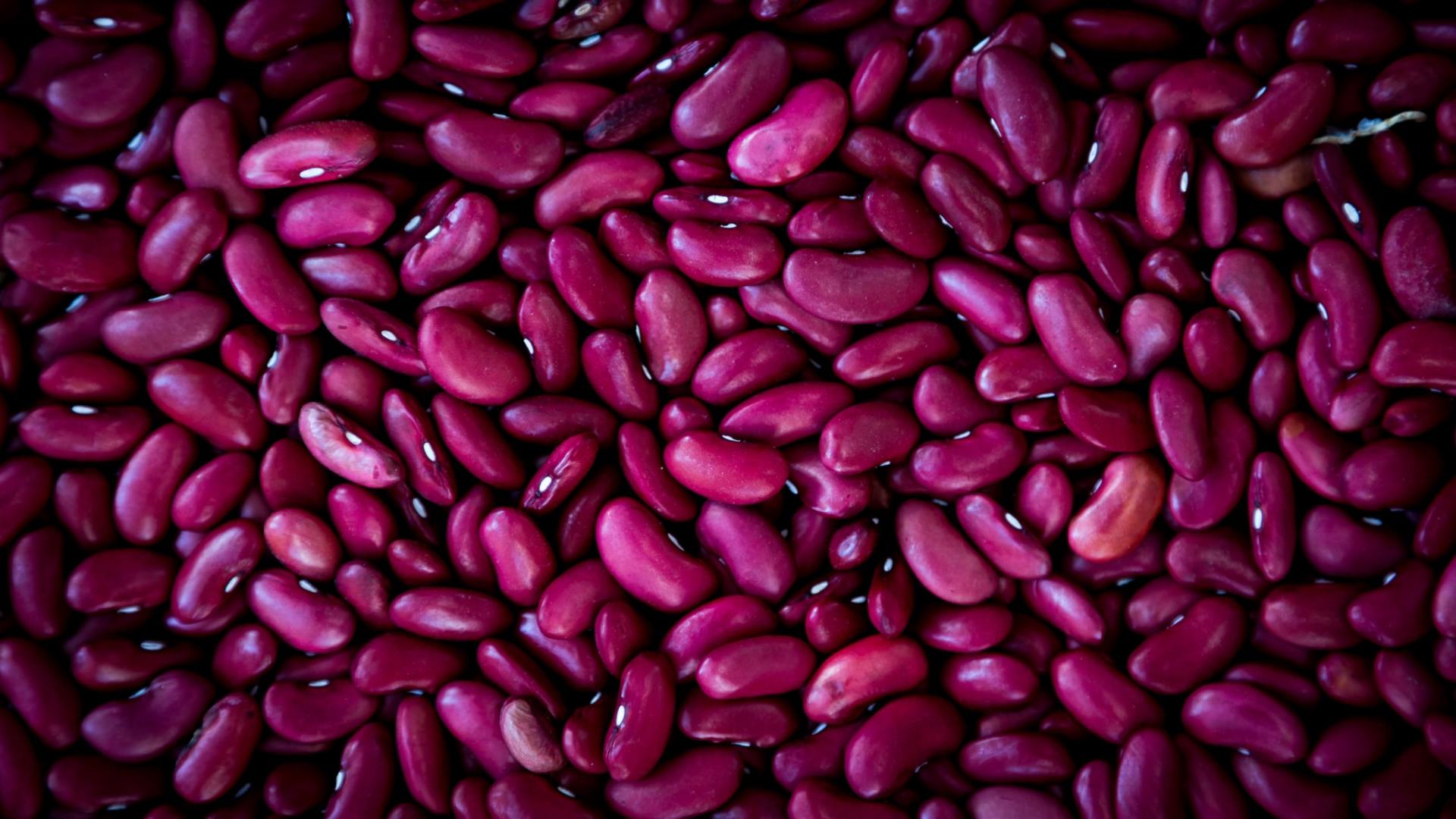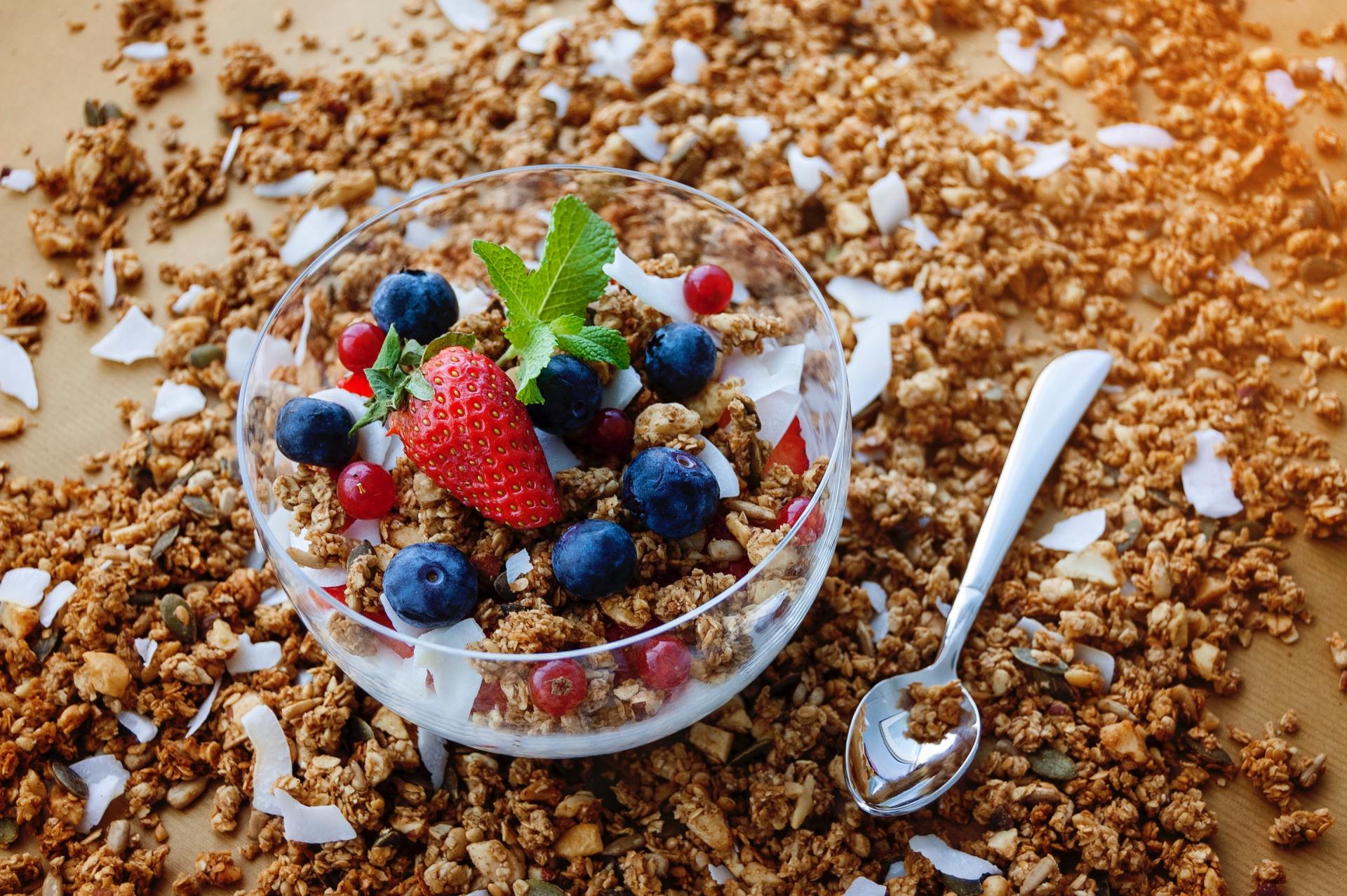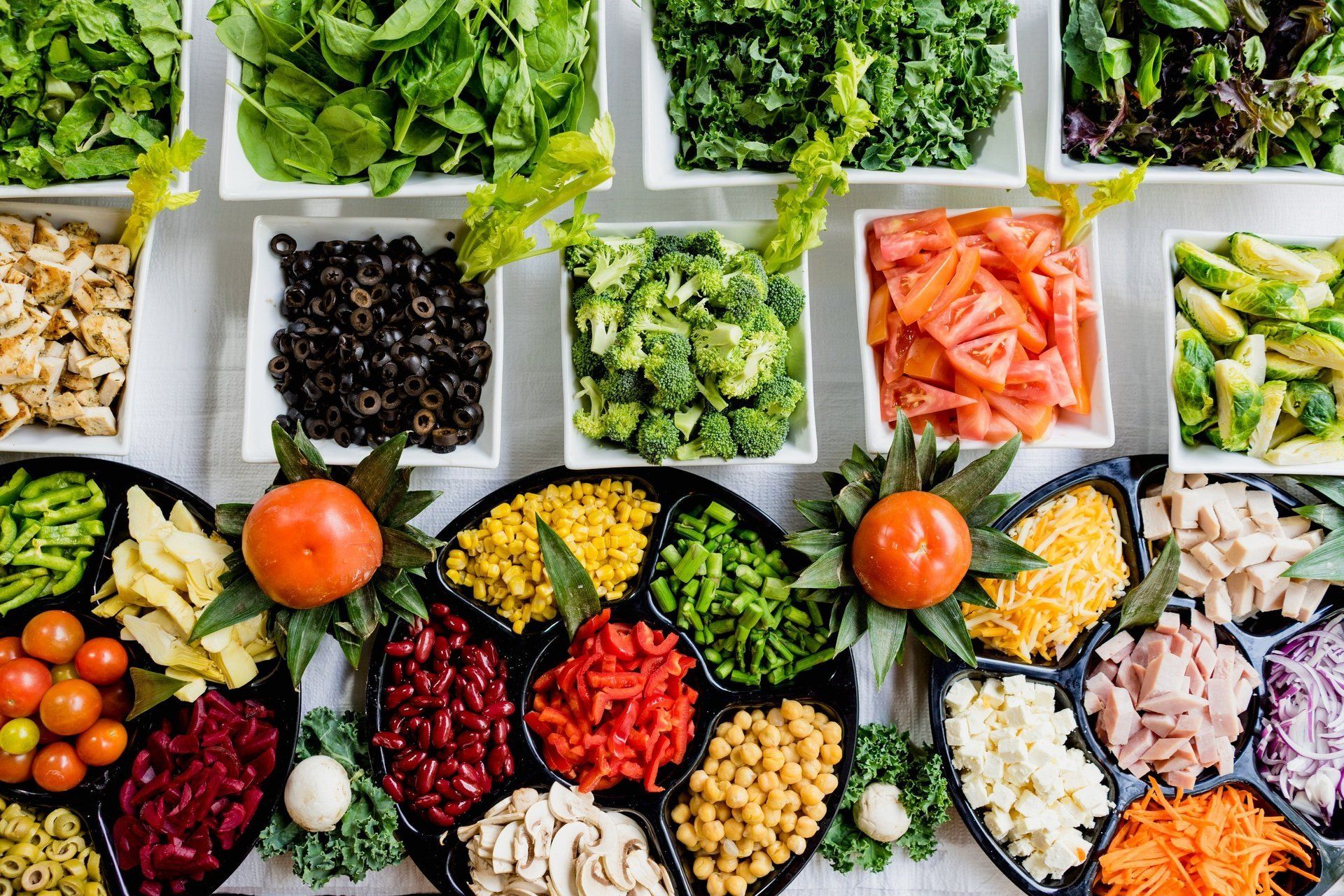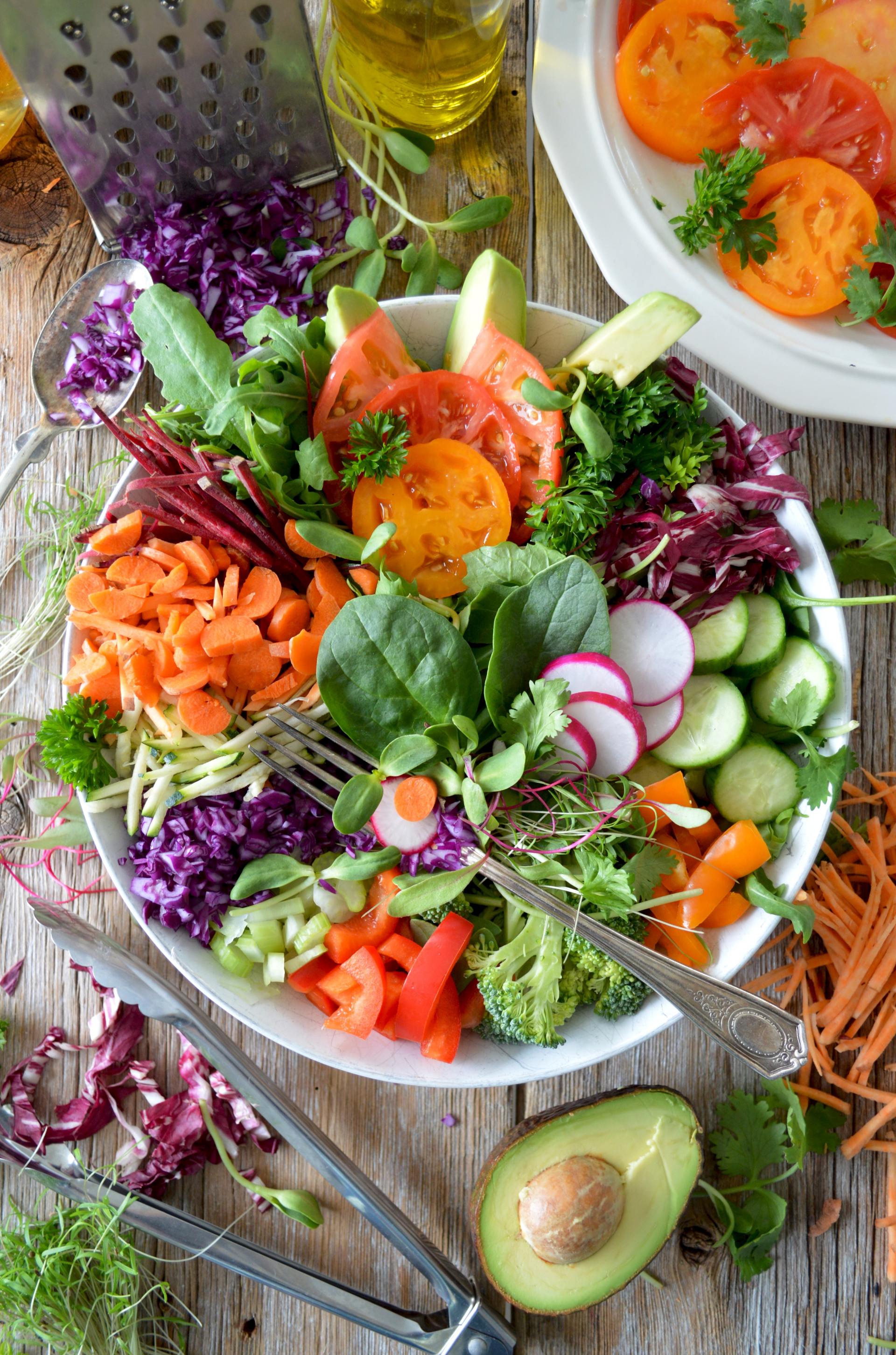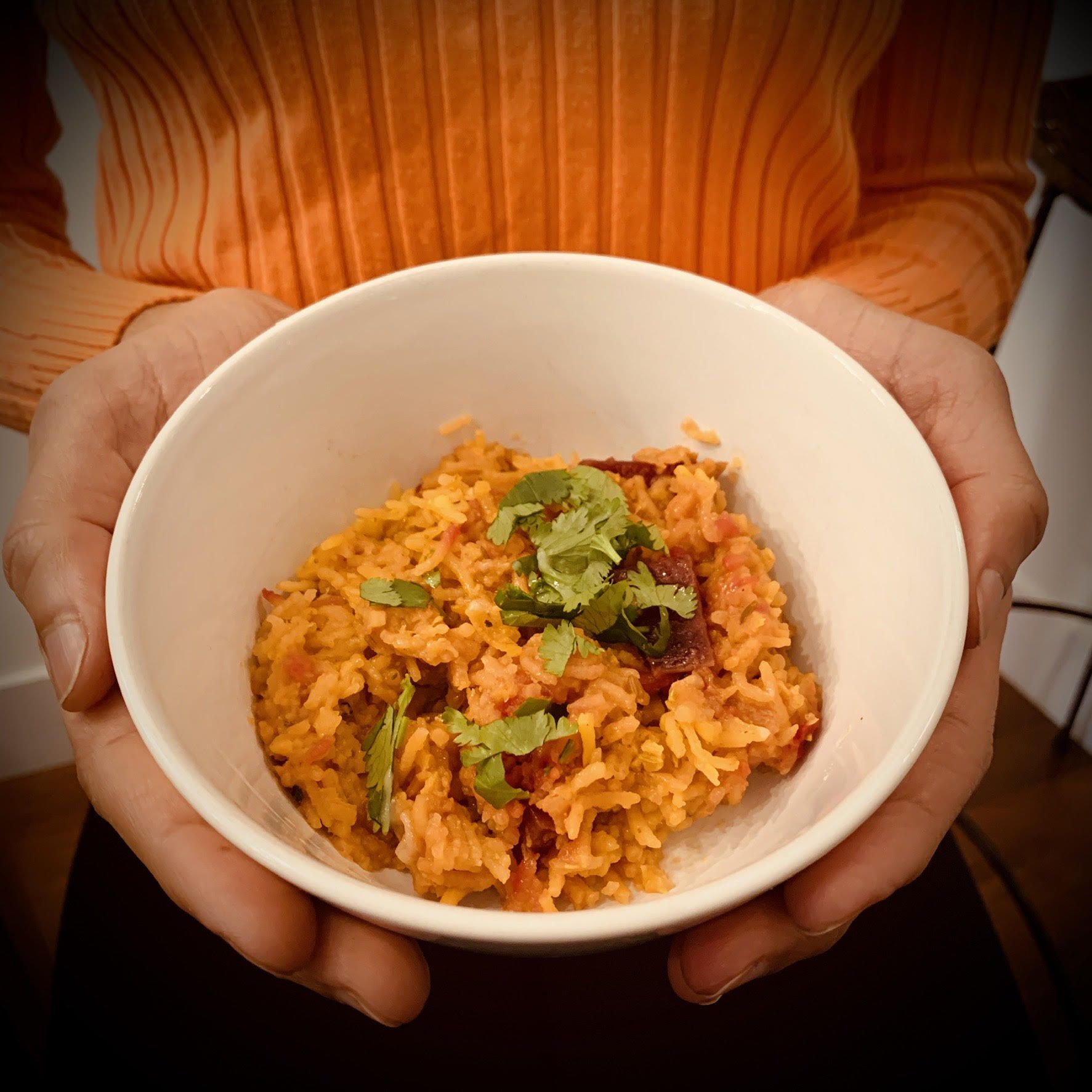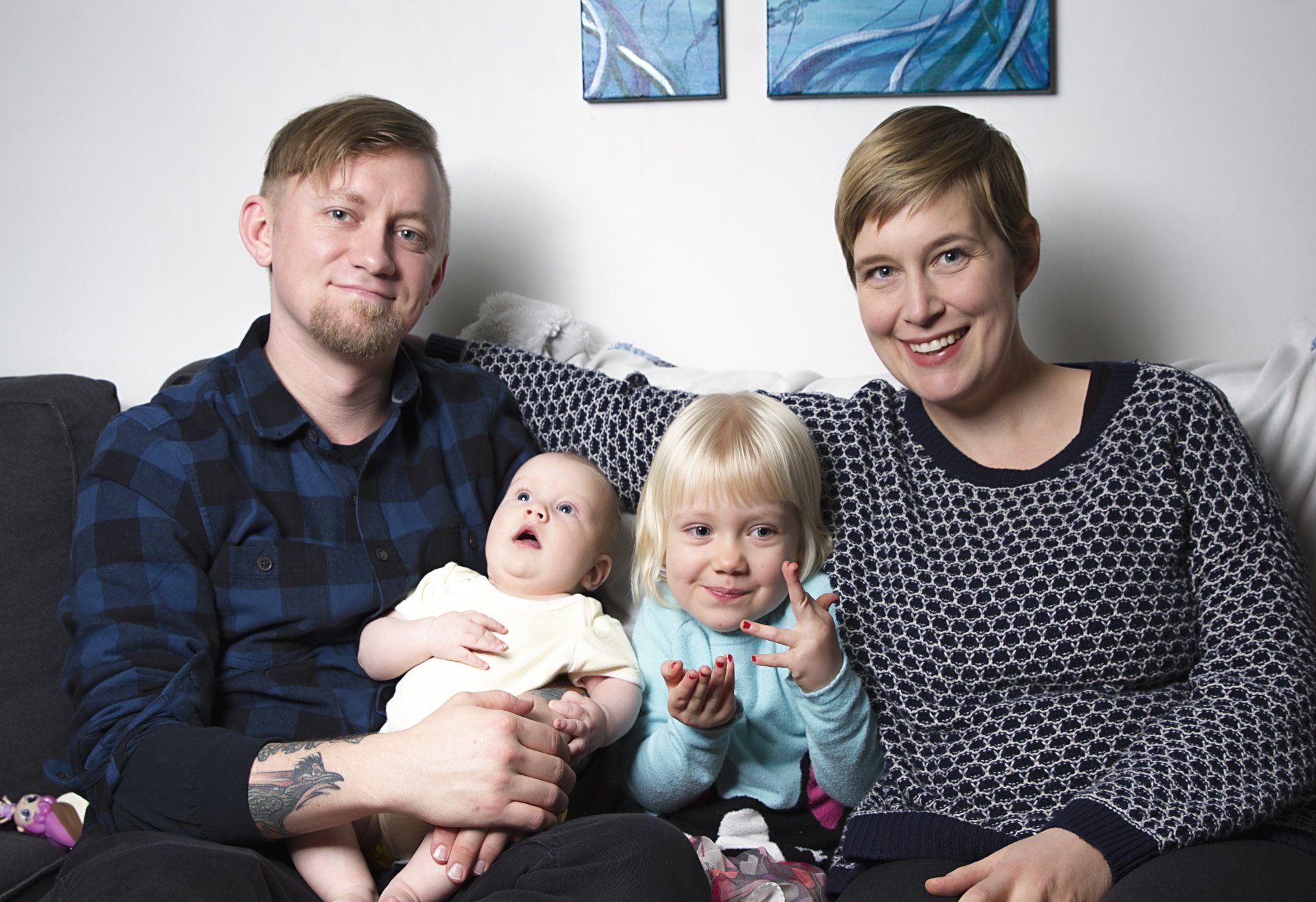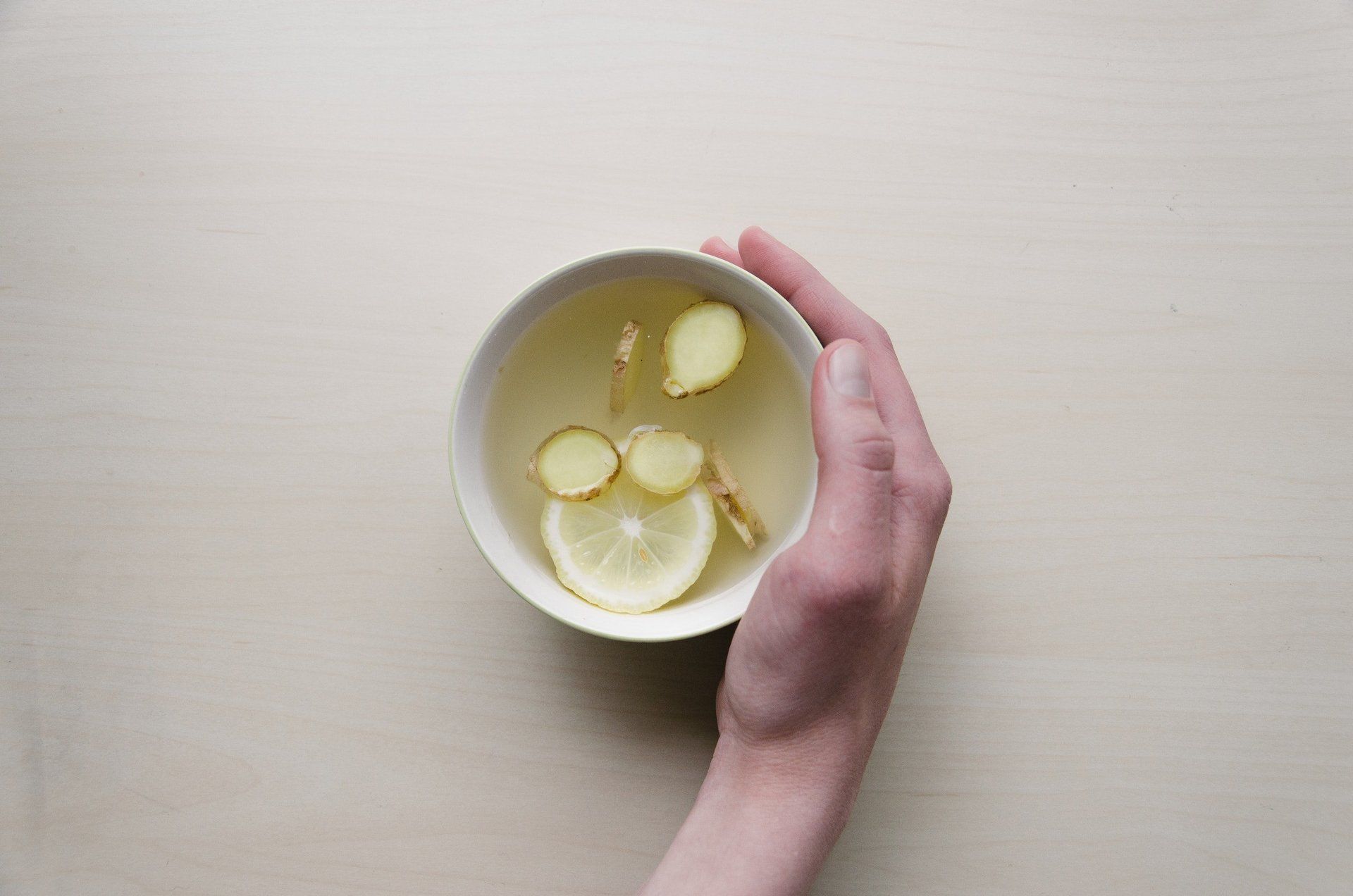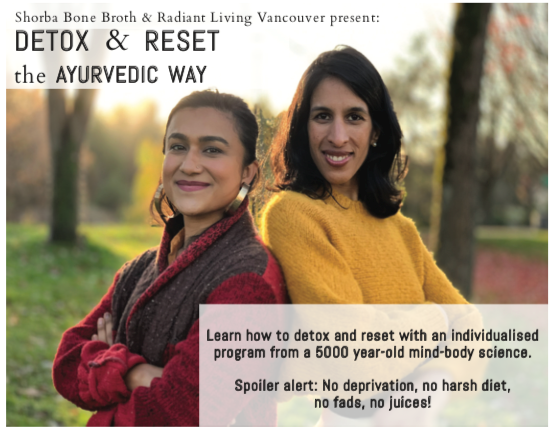Eating to Grow a Baby- Foods That Fuel the Growing Pregnancy
...and provide essential support post-partum!
Growing a baby creates serious demands on a pregnant body!
I am currently pregnant with my second baby, with big sister at 3 years old. (The first one nursed until 22 months, so the demands of that had just eased by the time I was ready to get pregnant again)
Despite having a background in nutrition, and a specific interest in prenatal nutrition, when I got pregnant, I found myself wading into a sea of info about what to eat to fulfill mounting nutritional needs for me and baby and what to avoid eating for toxicity, risk of foodborne illness etc; second-guessing everything I thought I knew. (Basically, all that second-guessing was a great introduction to related topics that I thought I had on lock- such as what kind of parenting decisions that I was going to make!) The deeper I got, the more I felt I didn't know, adding to the pile of reasearch that I felt I needed to do to prepare for the birth and post-natal period.
All of this at a time when I was:
a) Dealing with 1st trimester fatigue (naps not optional!)
b) Learning to ride the wave of a whole new host of hormonal changes and the mood changes that come with it (such as a sudden and severe lack of patience, or drowning in puddles of tears because I thought of something cute!)
c) The nausea, food aversions and cravings are also pretty real (for me, more-so in the second pregnancy). So best-laid plans for what to eat may be hijacked anyhow.
Articles about how many macro and micro-nutrients have never clicked with me. Sure, these figures can be helpful to trouble-shoot or set goals, but what I am interested in is getting to the food part... what do all those nutrients translate into when it comes to breakfast, lunch, dinner and snacks? Rather than tracking nutrients, I have found it most helpful to provide myself with a list of foods to focus on with some basic guidelines.
This guide also acts as a great place to start when preparing your body for conception as well as post-partum (especially if breast-feeding!). What it really boils down to is that good pre-natal nutrition is just good nutrition! We should always be listening to the body's needs, which change during different phases of life, and can change daily depending on new demands like exercise and stress. Below, you'll find some support for 2 of the main concerns in pregnancy: Maintaining energy levels and maintaining healthy growth- with some food ideas to help get you there.
Keys to maintaining energy and healthy growth:
- Balancing blood sugar
- Hydration
- Building the blood: Iron
- Eating often enough (and the right amounts)
- Protein
- Calcium
- B Vitamins (Especially Folate, especially during 1st Trimester)
Although there are many reasons to feel fatigued during pregnancy, the part that we have some control over is what we fuel our bodies with to ride the waves of fatigue throughout the day, and to get a better night's sleep as well.
By addressing imbalanced blood sugar, we can mitigate some of the more serious fatigue.
Even if you are usually (pre-pregnancy) able to 'get away with' skipping a meal or grabbing a quick (empty-carb-filled) bite, during pregnancy, there is often little leniency for this way of eating.
Energy Foods
Eat often- even (actually, especially!) if you are nauseous. Imbalanced blood sugar contributes to nausea in a big way! Bring protein snacks in your bag and stash them in the desk at work.
Eating before bedtime can help you sleep better and lead to less nausea upon waking. Snacks like plain yogurt or miso soup are great because they are easy to digest and protein-rich.
Include protein and fat with every meal and snack- this will balance blood sugar and contribute to healthy growth and fewer cravings for empty carb foods.
Ideas for snacking/light meals:
Miso soup or bone broths. Adding seaweed gives a boost of calcium and supports the thyroid
Fresh or dried fruit with nuts or seeds
Ants on a log ( a personal healthy pregnancy craving!)- just smear nut butter on celery and stud with raisins :-)
Humus/bean or nut-based dips with veggies
Steel-cut oatmeal with hemp hearts and frozen or fresh berries and some butter, coconut oil or nut butter
Keep hydrated:
Since your blood volume is increasing so much, but your bladder is increasingly under pressure- this can be a hard one to tackle!
Try getting hydration from food- soups, fresh veggies and fruit. And avoid dehydrating foods. Eating too many drying foods such as grilled or fried meats, crackers, chips and breads can be a real drag too, so stick to moist cooking methods like steaming, poaching, braising and stewing.
Building the blood
takes more than fluid- iron is needed to transport oxygen to the cells. Although doing a deep dive on this topic alone (I'll include this in a future post and link it here!) is worthwhile, generally, focusing on these foods will give you a leg-up in the iron department (and many of them serve to cover other nutritional bases as well):
Snack on dried apricots
Include lots of dark green veggies including kale, chard, collards, mustard greens, wild greens and sea vegetables.
The greens are also the best source of folate- an essential B vitamin for growth and development of the fetus' spinal cord. These same veggies are great sources of calcium!
Red meat- especially organ meats contain lots of absorbable heme iron.
Nettles (aka stinging nettles) as tea or cooked like spinach- great for protein, calcium, folate and iron!
*Although eggs and tofu are both good sources of iron, there is also evidance that they contain iron-blocking constituents, so it is best not to focus on or depend on these foods for iron.
* Also note that calcium blocks iron absorbtion, so while we need both, it's best to take them seperately. Consider this especially if you are taking an iron supplement- take it apart from dairy.
If you are pregnant or trying to conceive, know that the time and energy that it takes to nourish yourself is doubly worth the effort. By making strides in eating a nutrient-rich diet during this time of heavy construction, you are building your own body to be strong and resilient during and after pregnancy while creating the best environment for your little one to develop.
